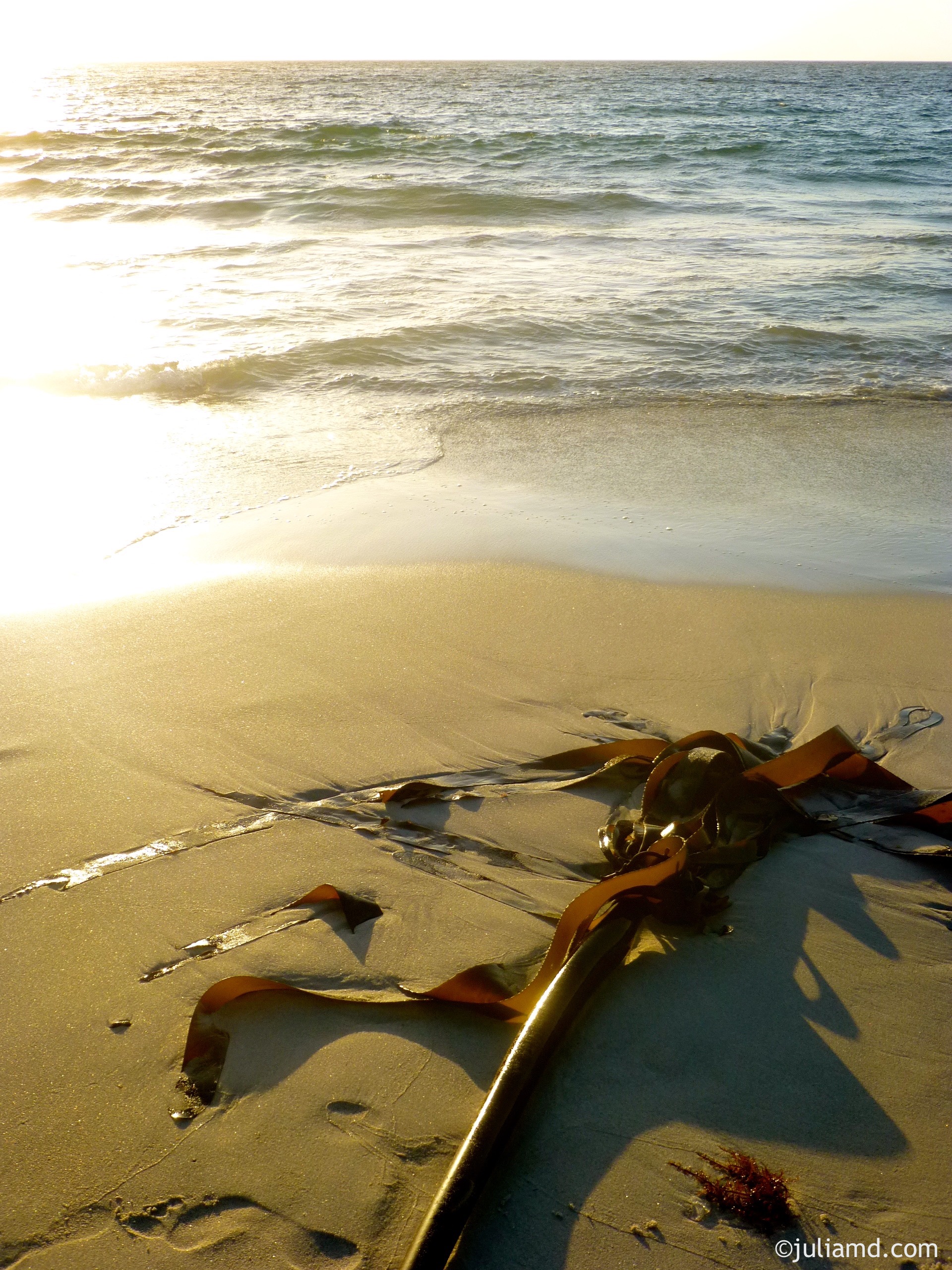“Doktè, li son tankou oseyan an!” he murmured in Haitian Creole, looking up at me incredulously.
In English, “Doctor, it sounds like the ocean!”
I had paused on morning rounds to offer the young man my stethoscope so he could hear his own heart. I was a new doctor; he was a new immigrant.
Daniel* was refugee from Haiti, leaving the island after the devastating earthquake, which had left him without parents or a home.
After spending months living alone on the street in Port au Prince, he sought refuge with extended family in Boston. He was here for just weeks when a fever and a sudden sharp pain in his abdomen brought him to our emergency department.
The usual diagnostic tests found an unusual problem; a wedge of his kidney was infarcted, its blood flow cut off by small clots flung from his heart. The cause of this problem started years before; an untreated Strep throat infection in childhood led to rheumatic heart disease.
Rarely seen in places where children have reliable medical care, the disease results when the immune system, in battling the Strep bacteria, gets confused and attacks the valves of the heart. A simple shot of penicillin could have kept his heart healthy. But as a child in Haiti, such care was difficult to find or afford.
Now a teenager, his valves were ragged and leaky, and their unnatural crevices and folds became welcome resting places for wandering bacteria, causing a dangerous condition called endocarditis.
With each beat of his heart, his damaged valves sang with a rhythmic whoosh and launched sticky clumps of bacteria throughout his circulation. The microbes traveled far and settled widely – first in his right kidney, then in his left, in an arm and then a leg. They emigrated dangerously to the blood vessels in his brain, making them balloon into fragile aneurysms, prone to spontaneous rupture.
Daniel was with us on the ward for months, his broad smile and eager mind brought light to the drear of that Boston winter. His hospital bed was strewn with books, surrounding his small frame on all sides. He was partial to those about stars and planets, weather, and most of all the human body.
As he studied anatomy and astronomy, a dedicated team of pediatricians, nurses, cardiologists, infectious disease specialists, cardiothoracic surgeons and neurosurgeons worked in coordinating waves to cure his infection and repair his heart and blood vessels.
His heart soon echoed with a “pshhh-click, pshhh-click,” the cadence of a mechanical valve. He left the hospital with his shiny new valve and went to the only family the earthquake had left him – aunts and cousins in a town near Cape Cod.
As doctors, we see that disease knows no borders, thus we are trained to see beyond such boundaries and care for all, regardless of citizenship or nationality. Daniel’s care involved more than medications and surgeries; we later worked with local lawyers to get Daniel a more permanent immigration status, and he settled into home on the coast.
He returned to our hospital every few months, taking three different buses for a nearly two hour trip back for his ongoing appointments. He did not complain about the journey; it was simple compared to those he’d taken before.
*All names and identifying details of patients and their families have been changed to protect their privacy.
Ways to act:

